Scarlet liquid runs down my ankle and pools at my heel. I seem to have taken a chunk out of my knee while shaving. I’m not exaggerating either. It really is a proper size chunk. My shaving skills seem to be seriously lacking these days. I mean, when you are cleaning flesh out of your razor, you are doing a piss poor job of shaving for sure.
A river of blood flows along the bathtub and down the drain. It is not lost on me that this is a metaphor for my life. Sighing, I shave the rest of my legs much more carefully. It would appear that the amount of blood I am losing is causing me to be somewhat lighted headed.
Guess my usual morning smoothie is just not going to cut it. Oh no. Blood loss of this magnitude requires a fry up – eggs, bacon, tomatoes, toast…I have to keep my energy up so that I can continue chugging along with my boring and utterly useless life. Any excuse to eat is always a good excuse to me.
Once, after getting a particularly nasty splinter, I convinced myself I needed a chocolate shake in order to recover from the injustice. Getting my period is my excuse to nearly eat half my bodyweight in chocolate (adding in the 10 extra pounds of water weight I gain during that time as well). Drama of any kind, equals a pint of Haagen Dazs or two Magnum bars minimum.
Traffic delays are good for an iced coffee or a latte from the cafe near my job, and a particularly rough commute (i.e. some douchebag in a suit nearly kills me by cutting me off on the highway), constitutes pastry of some kind. Usually apple or pear. I actually keep a portable hot plate in the trunk of my car, in case I end up somewhere and need to grill something.
I love to eat. Really love to eat. It’s like a religious experience. Sometimes when I walk into a Whole Foods I can almost hear angels begin to softly sing. Could also just be the stereo system come to think of it, but who knows really.
I towel off from my shower carefully avoiding my truly awful new shaving scar. Sticking toilet paper all over it, I limp out of the bathroom to my bedroom. The apartment is dark and quiet as my roommate Daniel is still asleep. It’s not what you think. Yes, he is quite the catch – 6’4”, hazel eyes, dark brown floppy hair, dimples, a nicely defined body and a southern drawl. Whenever I first introduce Daniel to someone, they think that I’m getting laid every which way ‘til Tuesday, having multiple orgasms, and that the air in our apartment must practically crackle with sexual tension. Yes well, that sounds delightful really, except Daniel is batshit crazy and gayer than a May breeze. Well, perhaps batshit crazy is an unfair characterization.
Let’s just say Daniel feels things more deeply than most men. Or women. Or children. Or soap opera characters. Ahem. In his defense, he is truly an awesome friend and if you have been wronged in any way, you can count on him to help you bitch, drink and cry your unhappiness into oblivion better than anyone. You simply do NOT want him to be the one who has been wronged. He’s a Virgo – so that would be defcon 5 (is there one higher? I think we need one higher – I wonder what’s the one for total nuclear meltdown and destruction of the planet…)
Of late though, he’s been in a rather good mood. He met a gorgeous new man a few weeks ago when we went out for drinks near our place. Brad the Bartender. This is what we call him. Mainly because his name is Brad and he is in fact, a bartender. That pretty sums up anything worth knowing about Brad. Aside from the fact that he is drop dead gorgeous (not just regular gorgeous – there’s a difference), and a bit, well, dumb. (Sorry Brad).
He gets none of our jokes, finds a reason to cry at almost any film (yes, even comedies), and knows nothing about anything. I mean nothing. This man does not have light dinner conversation in his repertoire. He does however, have the body of a Greek statue and can make a damn good dirty martini, so I really must give Daniel a high five for getting some of that as often as possible. Lucky bastard.
Giving my second sigh of the morning, I dress in all black, because you know, it’s the color of my soul, and so that if my shaving wound starts to bleed again, it won’t show up. Should probably put a bandage on it, but that would require effort and I’m all out of any and practically starving. I mean, I’m so hungry I can barely put my makeup on let alone bandage wounds.
Wearing all black in LA is not easy. When I lived in NY – it was the norm. No one batted a mink eyelash if you were wearing all black. Black is considered the color of business, money, sex – style. But not here in Sunnyville, where everyone is blonde, and surgically altered and looking as if they just stepped off of a Viking ship. Daniel joked the other day that I look as if I’m in some sort of cult. I laughed so hard I cried. And then I just cried. And cried. Then Daniel started crying. Then we cried together over several pints of ice cream and chocolate syrup. Then we laughed. Then Daniel gently told me he thinks I might be slipping into a depression and should consider talking to someone about it, with that “Please don’t be upset with me Jess – ‘cause then I will start to cry again” quiver in his chin.
Didn’t know how to react to that to be honest. I mean you see these stupid fucking commercials on television that tell you how depression is supposed to look and feel, before they push all these drugs on you with side effects that sound far worse than why you are taking them in the first place. And you think to yourself – this is a load of crab – I mean crap, (got to stop thinking about crab legs…) I’m too smart to be “depressed”. Until one day, without warning, you start to resemble the weird person in the commercial, who can barely get out of bed, wears all black, eats like there is no tomorrow and drinks like you’re the guy from The Lost Weekend. You wonder where your life went and why it is such utter shit.
Ravenous, I head to the kitchen where I proceed to cook breakfast. I mean, I go in – scrambled eggs with caviar (relax it’s the cheap kind from IKEA), bacon, tomatoes with basil, hash browns, tea, coffee and toast. I make enough for Daniel and Brad the Bartender just in case he has spent the night and am putting butter on the toast when Daniel walks in wearing nothing but black silk boxers. He stops and looks at all the food and then at me like I’ve gone mad.
“Lord Almighty, what’s happened?!” he asks dramatically, his eyes peeking up over his hands like a scared child.
“Nothing’s has happened. I just was really hungry. I damn near killed myself with my razor this morning and I needed a decent breakfast to get over the pain” I joke.
Daniel runs over to me, his eyes nearly popping out of his head looking as if he is going to start bawling.
“YOU TRIED TO KILL YOURSELF?! OH LORD ALMIGHTY!!!” He grabs hold of both my arms then picks me up and practically crushes me in a hug so tight I think my wound will start to bleed again. The only thing I can move are my hands which I flap against his hips in an effort to get him to release me since I can’t breathe let alone speak.
“OH NO JESS! I KNEW YOU WERE DEPRESSED BUT I HAD NO IDEA THINGS HAD GOTTEN THIS BAD! WHEN DID THEY GET THIS BAD?! WHAT KIND OF FRIEND AM I THAT I DIDN’T NOTICE THIS?! I’M SOOO SORRY! IT’S OKAY! IT’S OKAY! WE’LL GET YOU SOME HELP! YOU DON’T HAVE TO HURT YOURSELF ANY MORE!!!” he wailed.
I mean full on wailing complete with tears and great big heaving sobs that landed between “I LOVE YOU SO MUCH!” and “I WILL NEVER GIVE UP ON YOU! NEVER!”.
I was actually flattered that Daniel cared that much, but as he was cutting off the supply of oxygen to my brain, I needed him to let go soon or I would surely pass out.
I tried to scream at him but the sounds floated out of me like muffled trumpet notes. Remembering that my legs worked, I kicked him hard in the shin and he dropped me like a sack of potatoes.
“You, freaking, idiot!” I panted out while trying to catch my breath. I felt as if I had nearly been strangled.
“Why did you KICK ME! I’m only trying to HELP!” He cried whilst rubbing his shin with one hand and wiping away tears with the other.
“Seriously Daniel?! I wasn’t trying to HARM myself! I accidentally cut my knee while shaving you fool!” I walk over to the counter and shove a plate of food at him.
“HERE!” I say between clenched teeth.
“And by the way, I’m NOT depressed, I DON’T need help and you are an absolute SHIT friend. Now eat this breakfast and let’s never speak of this again.” I march out of the kitchen with my plate and what is left of my dignity, and slam everything down on the dining table.
Brad the Bartender saunters out of Daniel’s room, wet and wearing a towel around his waist. That towel which was hanging on for dear life showed me exactly why Daniel will never, ever give him up willingly. Fork suspended in midair I stared in awe. I have never seen a body like that. It was perfect. Not a scar, not a sprig of hair anywhere. Brad is at least 6’5”, bronze, with sun kissed blonde hair and long lean muscles. He must spend every penny of his tips on waxing services, tanning and skin care products. How is this guy NOT a supermodel?
Why agencies bothered to search the four corners of the world to find models when they have something like that right here is beyond me. Brad smiles at me with his blindingly white, perfect teeth, and pushes his wet blonde hair out of his perfect grey/blue eyes.
“Hey Jess! Are you having breakfast?” Clearly nothing gets past Brad. “Yes – there’s a plate in the kitchen for you if you’re hungry.” Brad’s face lit up like a little child on Christmas morning.
“YES! I loooooove breakfast! It’s my favorite thing to eat in the morning!” he said practically running into the kitchen.
I dropped my fork and stared into my imaginary camera with pursed lips. I swear, I needed to secretly film him one day because no one would believe the stuff he says.
“Hey! WOW! You’re here!” I hear him say from the kitchen as if he is surprised to see Daniel. I shake my head with my eyes closed.
“Hey! Yeah, so, um are you really surprised to see me in my own kitchen? Really?” I can hear the sarcasm dripping from Daniel’s mouth from the other room as he says this, so of course I nearly choke on my food laughing to myself.
There are two things that Daniel does better than no one else, drama and cuntiness. He practically has a PhD in both.
“Yeah! I mean you could have been in the bathroom! But here you are!”
Daniel walks out of the kitchen and gives me “The Look”. The look that says “I swear to God Almighty I don’t know how he can be so dumb and so good looking at the same time”. It’s a look I have come to know well since Brad the Bartender has joined our little coven.
Daniel’s originally from Texas, and whenever he references God, which is often, he says “God Almighty”. He sounds exactly like an evangelistic preacher and I never tire of telling him so. Daniel sits down and watches me intently while shoving a piece of toast in his mouth. Brad also sits down, his towel straining and “God Almighty”, so are my eyeballs, so I reign it in. Ogling your best friend’s boyfriend is not something one should do – outwardly. Secretly, and in one’s deepest, darkest, sexual fantasies – yes. Just not right in front of him.
Brad starts grinning like an idiot at both Daniel and I, and we stop eating to look at him.
“So, what’s up guys? How we doing this morning?! What’s new?!” he asks Daniel while shoving food in his mouth.
“You mean since 15 minutes ago when we said good morning and you took a shower? Not much sugar.”
Daniel shoves food in his mouth while looking at Brad like he’s nuts. He rolls his eyes then goes back to looking at me like he’s expecting me to slit my wrists with my butter knife. I simply keep eating as if everything was normal.
“Awesome! So, what’s new with you Jess?” Brad asks grinning and chewing.
Daniel shoots him an abridged version of “The Look” only it’s dripping with pity. “Don’t ask her that!” He hisses at him. “Jess is very depressed right now.” I stop chewing.
“I’m not depressed”.
“Yes, yes you are. You don’t realize it ‘cause you can’t see it – you’re on the inside looking out, but we,” he gestures dramatically to him and Brad, “we, are on the outside looking in, and we can see it sugar. And we are here for you. I need you to know that. Okay? We are here for you, whenever you need us. Except for tonight. I promised Brad I would make him dinner since it’s his day off. But you can text me if you need me.”
Daniel shovels more food in his mouth pausing only to breath and give me the piteous suicide watch look again. Brad stops eating and looks from Daniel to me, then from me to Daniel.
“How do you know you are depressed Jess? Did you take a test or something?”
Daniel winces slightly before continuing to chew. I don’t bother to answer and simply get up and drop my dishes in the sink, then walk back into my bedroom and slam the door. I can hear Daniel and Brad talking in hushed tones, but can’t make out all they are saying since my bedroom is way down the hall from the dining table. I catch “She sleeps all weekend” and “Her writing is going nowhere.”, and my breath catches in my chest. I need to get out of there before I hear more so, I shove my phone into my handbag, grab my car keys and exit my bedroom. I stop as Daniel and now Brad both look at me like they feel sorry for me. I roll my eyes and leave while mentally giving them the middle finger.
I don’t need pity. I need a paying writing gig. And I need to get laid. It’s been quite a long time since I’ve had either and I’m starting to get a bit pissed off about it – that’s all. I’ve been in California for almost four years and no writing jobs and not one single date. The men here don’t even look at me for heaven’s sake and my ego is taking a serious bruising.
Daniel says it’s because I don’t make an effort to get out and meet people, and when I do, I have too much New York attitude so I come across as “off-putting”. Hmmmm. Well, I have to admit, I’m not the quintessential California girl, i.e. I’m not blond or dangerously thin with hospital white veneers, a permanent smile plastered on my face, and the ability to lower my IQ every time the opposite sex comes around, but that doesn’t mean I’m not attractive, or interesting.
I’m 5’9”, with long brown hair, green eyes and tanned skin. People constantly tell me that I look “exotic” which in my opinion means they know I’m not white and are too PC to come right out and ask me what I am. My mom was Puerto Rican and my dad was Black. They’re both dead now, but whenever people know this about me, they instantly tell me how sorry they are for me, then become tongue tied and change the subject.
Anyhow, back to my lack of a sex life, I think it definitely has to be a California thing because I got asked out all the time back in New York. Hell, I was practically harassed daily in the street on my way to and from my neighborhood coffee shop. New York men clearly have better taste. And they don’t seem to mind a bit of attitude on the side. I’m not trying to knock my new-found home. I love SoCal weather. I love the beach. I love driving everywhere (I hated the NY Transit system with a passion that can’t be described). I even love how laid back everyone pretends to be. What I don’t really like is the fakeness.
People are just fake as hell here. Their smiles, their tits, their tans, their supposed talent. Fake, fake, super fake. Which is probably why everyone I become close with here – is from somewhere else. My cell phone chirps with a text and I check it before starting my car.
“Where you at bitch? I’ve been waiting forever! I need you on New York time! No – LONG ISLAND TIME!”
I have to smile because only my friend Dean can call me a bitch and he does. Often. Every time I talk to him, it’s “Bitch, why you wearing black all the time?” “Bitch, you know I don’t eat cheese!” “Bitch, when are you going to let me read your cards?”
Dean is my work husband. 6’3”, with dark brown hair, brown eyes, from Long Island, New York, is a part time tarot reader and calls himself the Italian Stallion. Yes, another 6-footer. Yes, he is also gay, sort of. He’s actually bi but, in NY, that just makes you gay and greedy.
So, basically, I’m a straight woman, surrounded by giant, gorgeous, gay men. The queen of the gays. All that beautiful dick and yet, none for me. In hindsight, this might just be why I can’t get a date in this town. In New York, a woman could have a gay posse and a straight man wouldn’t even blink an eye.
I pick up Dean whose car is in the shop and we head to work. We both work for a tech company that has the newest, latest apps that no one needs, but will probably pay the $9.99 for anyway. Dan and I answer customer service email all day. Not the best job, not the worst job. Pays well, and its low stress and they give us bagels and donuts every Friday. It’s also not why I moved to LA. Which is why every time I walk through the pristine glass doors of my job, my heart breaks just a little. One day, all that will be left is red dust in its place.
After an hour of answering emails I find Dean staring at me intently with a frown. I look around me because obviously he must be staring at someone else, someone who would elicit such a frown.
“Yes bitch, I’m looking at you.” he says with a raised eyebrow.
“Okay. So why are you frowning at me? Is my mascara smudged or something?”
“Because, you seem, and have seemed for a while now, I don’t know, out of it. Sad, but like you are trying to hide it. Depressed is the world I’m looking for. You seem depressed.”
I have to shut my eyes, inhale and exhale deeply. Why does everyone think I’m depressed? Can’t a person be in the throes of questioning their talent, looks and entire existence without being labelled “depressed’? Yes, I penned several great essays that made it into several great magazines and literary journals, yes, I wrote a novel that got decent reviews right out of grad school way back in the mists of time, and now I haven’t been able to even so much as sell a piece of writing to a magazine since I arrived in LA. And yes, my second novel is taking a few years (like 15 years), longer than I anticipated to gain interest, and my agent dropped me log ago. And finally, yes, I have no boyfriend, or dates or even any prospects of any. But dammit – I was not depressed.
Dean stared at me with both eyebrows up and I realize that I didn’t just think all of that, I verbally vomited it out loud. Lord Almighty. It was not like me to publicly acknowledge feelings. I’ve always considered myself to be half Vulcan until recently. Crying with Daniel while drunk or high didn’t count – everyone is emotionally messy while under the influence. The polite thing to do is brush those pesky thoughts back under your subconscious rug when you sober up, and keep it moving. But the other day, I found myself crying during a trailer for a rom com and knew something might be amiss. I just refuse to label it “depression”. I was getting sloppy, that’s all. I needed to tighten my emotions up quick before I ended up one of those whack jobs who has their therapist on speed dial. That shit was not for me. Oh no siree – I was too tough for that. I survived New York. LA would not take me out. I was the Snake Plissken of this town. They would all soon see.
“Sweetie why don’t we take a break and I get you a latte. Would you like a nice green tea latte? Maybe some cookies to do with it? Hmmmm?”
Dean was speaking to me in a voice he normally reserved for simple minded children or small ankle nipping dogs, but as he was talking about treating me to food, I was willing to overlook this until I had said latte and cookies in hand.
We headed to our favorite coffee shop nearby. I got my latte and my two cookies (score!) and was ready to head back to work when Dean pulled some straight up intervention bullshit.
“Hey sweetie, let’s sit and chat for a minute – we got time”.
I eyed him suspiciously while chewing my cookie and slowly sat down. I was going to have to mentally prepare myself for whatever tarot card, zodiac sign fuckery he was going to spread on me like frosting. I let the milky goodness of my matcha latte take me to my happy place when Dean leaned in.
“So, sweetie, I think we should talk about the fact that you are dep-” My narrowed eyes cut him off mid word like a samurai sword. Dean must have known that he was skating on thin ice with heated blades, so he changed direction and disarmed me.
“I think we should talk about your writing. What’s going on with your novel? How far along are you? What’s the story about? Are you shopping it around? Looking for an agent?”
At that point, I stopped chewing but couldn’t bring myself to swallow. Dean was asking about my novel. My novel I finished 4 years ago right before I arrived in LA. The novel, I had revised exactly 23 times, and been shopping around all that time and no one was interested in it. Not one editor. Not one agent. No one. The novel that had been rejected from every decent publisher in town. The novel I once thought would be the best work of my life, but had stopped telling people about. The novel that made me question whether I was just a one hit wonder, whose star had burned bright once and has long since fizzled out like a sparkler you have on the 4th of July.
I didn’t want to talk about my novel, or my writing, or my talent or lack of it. I didn’t want to talk about the fact that I wrote like a madwoman every night, but questioned everything I wrote since no one seemed to want to read it or care about it. I didn’t want to talk about the fact that I was desperate to have someone validate my talent because I had lost faith in it long ago.
My eyes welled up with tears and I rambled off to Dean that I had to go. I was not going to cry in front of this guy – work husband or not. Dean, for once in his life, thankfully, was at a loss for words. He looked at me as if he wanted to spring from his chair and hung me but was certain it would not go down well, so he simply sat there wanting desperately to help in some way.
I got straight in my car. Didn’t even care it was the middle of the day, and I was still supposed to be at work. I didn’t give a shit, I couldn’t breathe. I needed air and space and calm. By the time I got to the beach, I had stripped down to my tank top and tossed my sandals in the backseat along with my cell phone and purse.
As I sat in the sand, I watched the waves pull out and push back in, smelled the salty air and listened to the sea gulls laugh at my patheticness. Further down the beach people were enjoying themselves and the weather. I simply sat in the sand and watched it all happen and wondered to myself what the hell I was doing there.
Could I even consider myself a writer if no one wanted to read what I wrote? How much longer was I going to keep trying before I realized the jig was up? If I wasn’t a writer anymore, what was I? Just another lame wannabe artist in LA with no talent trying to navigate through life, working, eating, sleeping on repeat until one day, I died? And death – what was that like? Some amazing reconnection to the cosmos, where everything is explained and it all finally makes sense? Or simply deep, dark, never ending, silence? There was no indication I was sobbing until some surfer dude douchebag came up and asked me if I was “like okay?”.
The sad look he gave me, forced me to get my shit together.
“Yeah, I’m cool. Thanks.”
I wiped my face and attempted a smirk to let know it was okay to vamoose and go sprinkle his pity on some other lonely, crying beach babe. He simply walked a few feet away stuck his surfboard in the sand and sat down looking out at the ocean. Every once in a while, he would look over at me, I guess to check if I was okay. He seemed to have a kind spirit and was clearly trying to in his own way, look out for me so, I relaxed and regretted thinking he was a douche. Maybe Daniel was right. Maybe my New York attitude needed an adjustment.
I sighed heavily and the silent tears rolled down my face as I sat for hours just crying and watched the sky turn from bright white to beautiful jeweled tones and finally darkness.
“Um excuse me, but it’s getting pretty dark out. Can I walk you to your car?”
Surfer dude seemed like he was not going to just leave me to cry myself silly or get accosted on the beach at night, so I slowly got up and we walked silently to my car side by side. I got in and he closed the door for me and gave me a sad, half smile, before walking over to his own car and getting in. I looked at my phone and realized it was almost 9pm and I had about a thousand text messages and missed calls from Dean, Daniel and even Brad. I tossed the phone unchecked onto the passenger seat and drove off while the surfer dude watched me go.
A few hours and several Mexican food truck tacos later, I pull into my parking space and drag myself into my apartment to find both Daniel and Brad anxiously waiting for me. I stand in the doorway as they both walk over to me and wrap their arms around me. All three of us stand there without saying anything. After a moment, I offer,
“I think I’m depressed.”
They hug me tighter.
“I know Jess, don’t worry, we are here for you sugar pie”.
I hug them both back. “Great. I’m depressed and now I want pie.”

Nicole L. Drayton is a writer, screenwriter, and filmmaker from Brooklyn, NY. She received her Bachelor of Science in Liberal Studies with a concentration in Media Production and Screenwriting from New School. Nicole’s creative work strives to explore the racial, cultural and economic differences between people and the tensions they create within an urban landscape through the use of comedy.


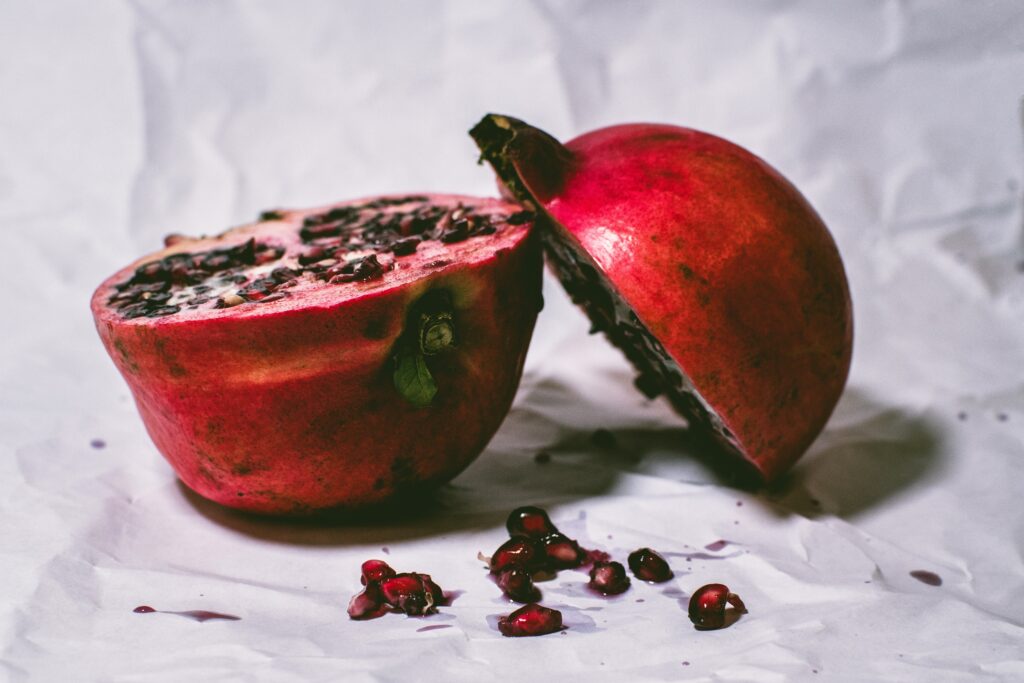
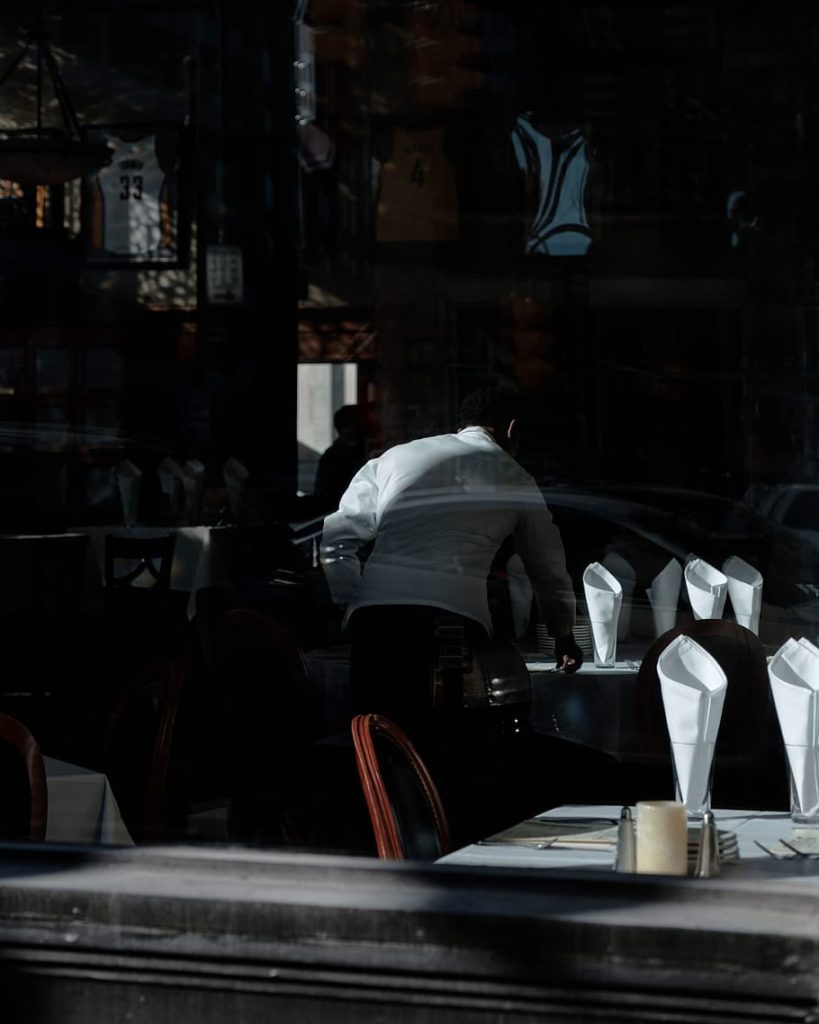
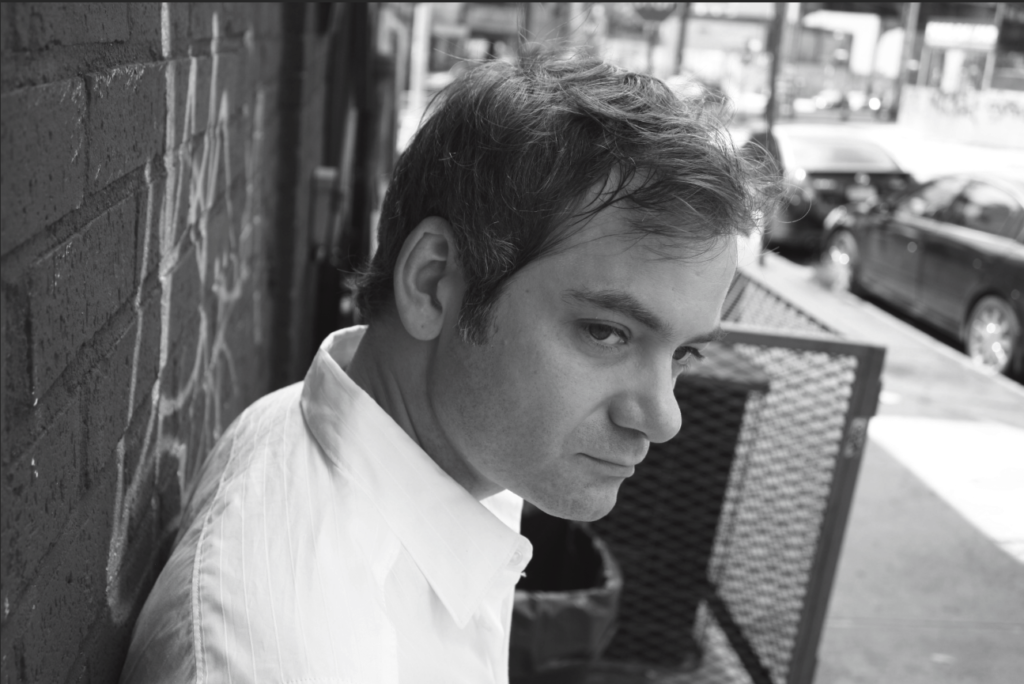
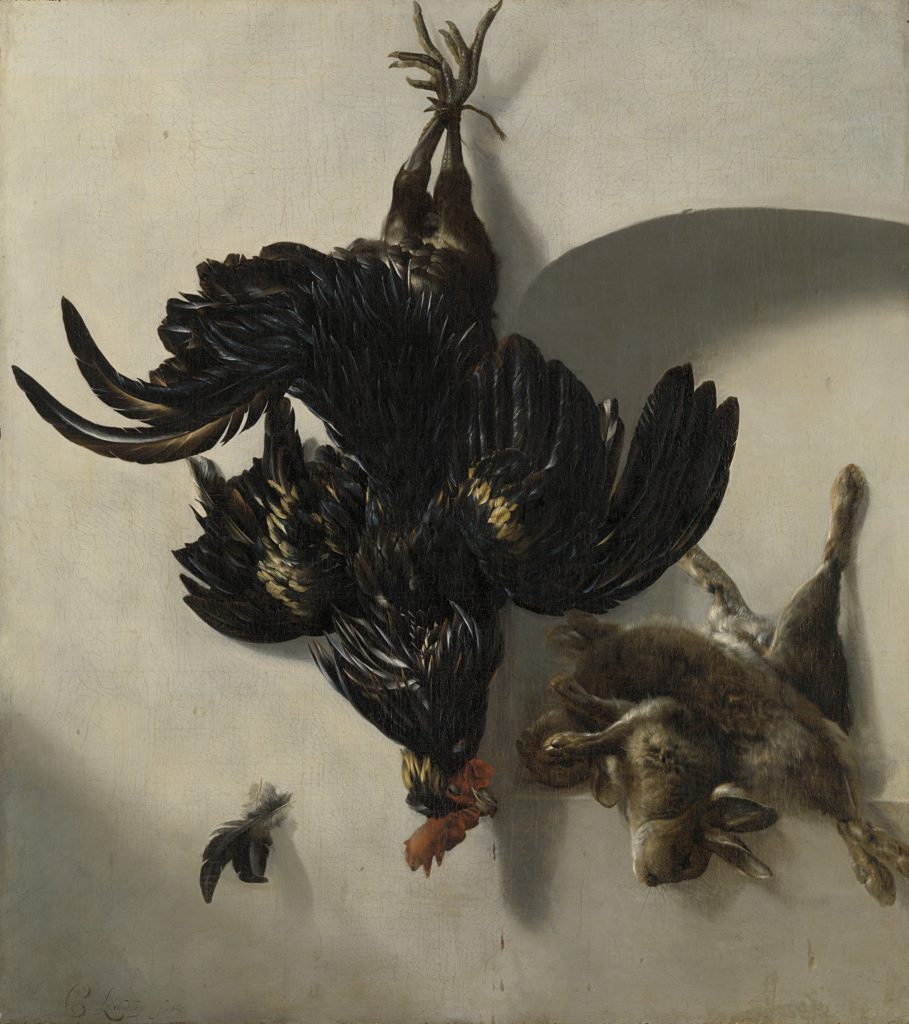





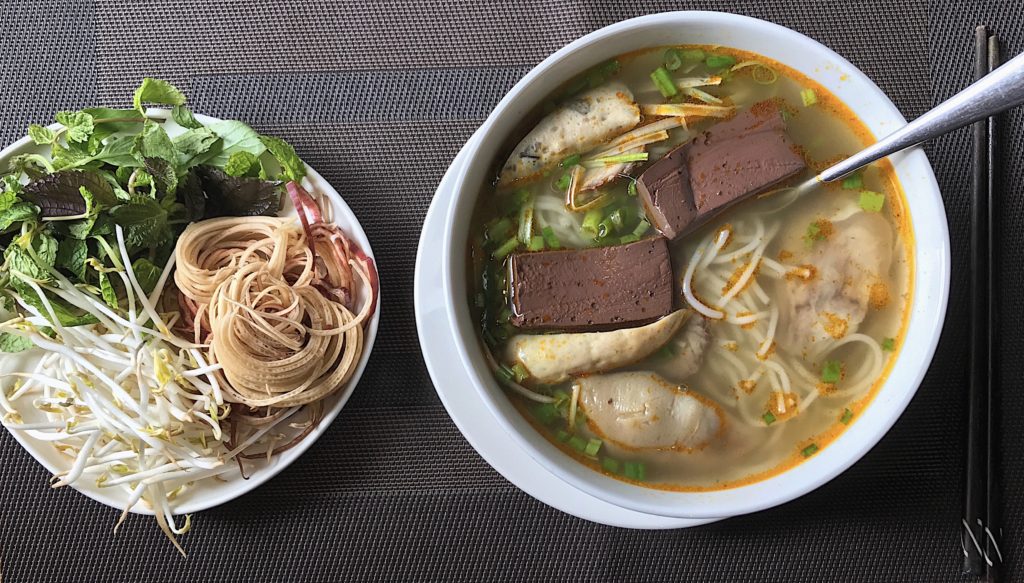
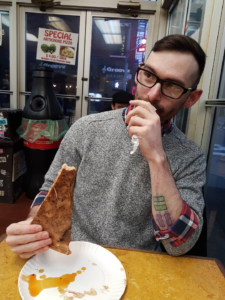

 Elise Burchard is a writer living in New York City. After attending Colorado College, she graduated from The New School with an MFA in Creative Writing and WriteOnNYC Fellowship. Though she has many projects and abandoned Microsoft Word docs floating around—from songwriting to picture books and sketch comedy—her heart, mind, and midnights are devoted to a work-in-progress novel within the realm of contemporary magical realism.
Elise Burchard is a writer living in New York City. After attending Colorado College, she graduated from The New School with an MFA in Creative Writing and WriteOnNYC Fellowship. Though she has many projects and abandoned Microsoft Word docs floating around—from songwriting to picture books and sketch comedy—her heart, mind, and midnights are devoted to a work-in-progress novel within the realm of contemporary magical realism.
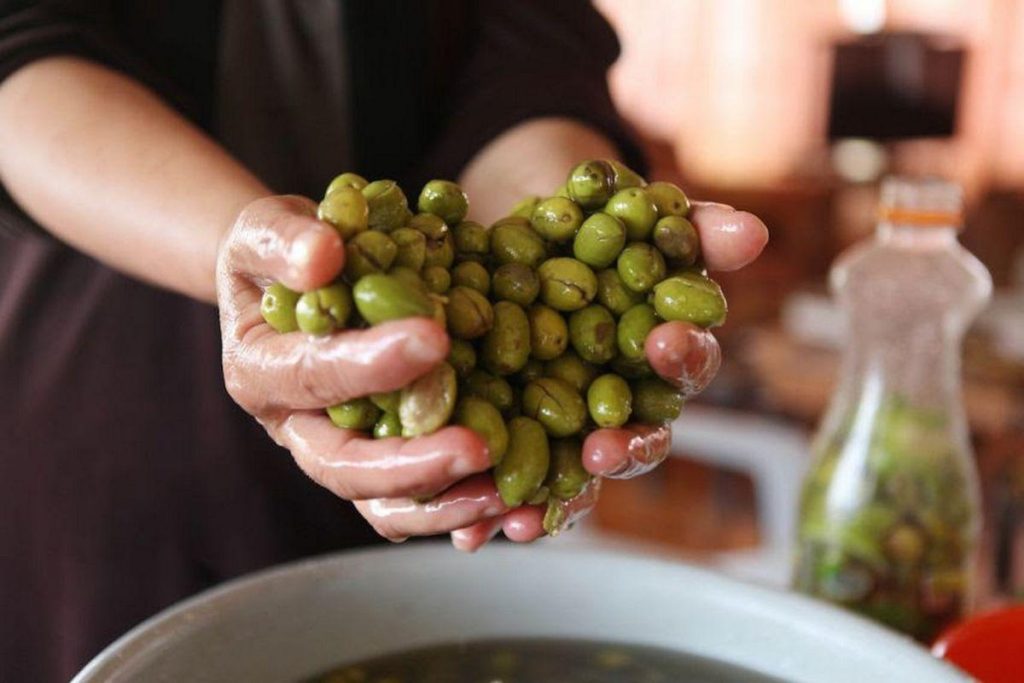
 Siham “Sam” Inshassi is a fiction writer currently finishing her MFA at The New School. Her work focuses on culture and identity politics, both in the home and beyond, tapping into her own identity as a first-generation Palestinian Arab-American Muslim female. She’s a passionate advocate for the Palestinian cause and immigrant and refugee rights. You can find her on Twitter @
Siham “Sam” Inshassi is a fiction writer currently finishing her MFA at The New School. Her work focuses on culture and identity politics, both in the home and beyond, tapping into her own identity as a first-generation Palestinian Arab-American Muslim female. She’s a passionate advocate for the Palestinian cause and immigrant and refugee rights. You can find her on Twitter @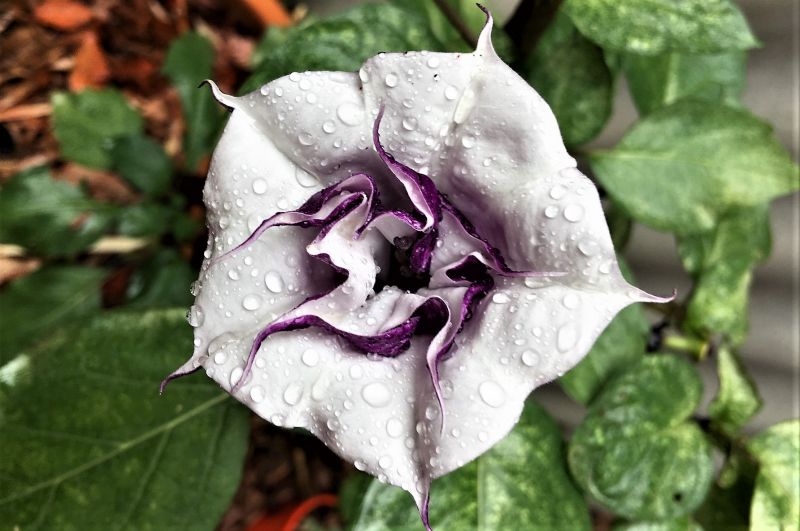
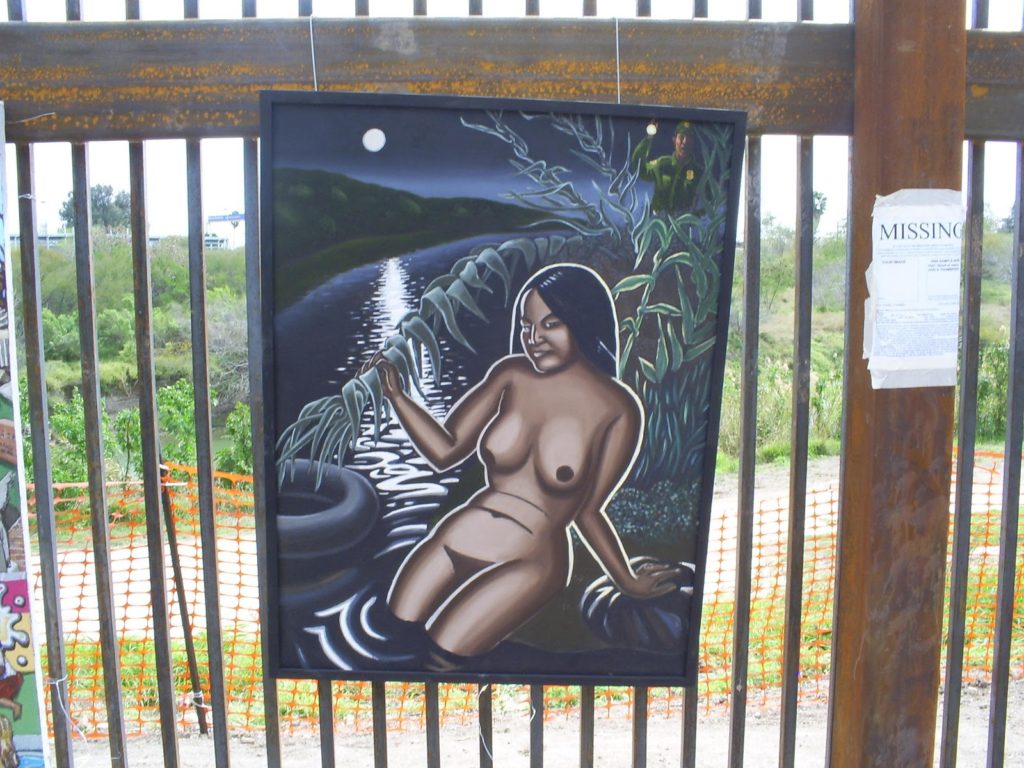
 Guadalupe Correa-Cabrera
Guadalupe Correa-Cabrera Kathleen Staudt
Kathleen Staudt